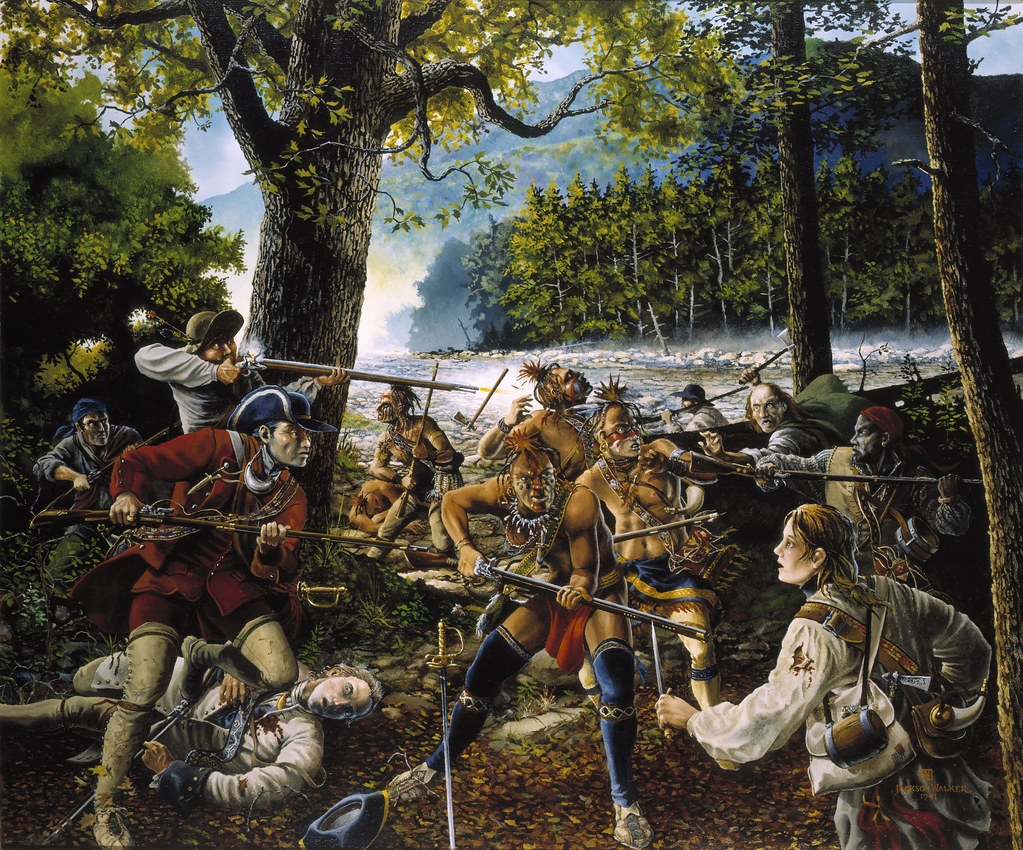
Colonists and officials in Britain debated whether it was right or desirable to use mere paper, as opposed to gold or silver, as a medium of exchange. Currency that worked in Virginia might be worthless in Pennsylvania. While these notes provided colonists with a much-needed medium for exchange, it was not without its problems. 2 These notes, called bills of credit, were issued for finite periods of time on the colony’s credit and varied in denomination. In 1690, colonial Massachusetts became the first place in the Western world to issue paper bills to be used as money. These notes allowed individuals to deposit a certain amount of tobacco in a warehouse and receive a note bearing the value of the deposit that could be traded as money. Commodities could be cumbersome and difficult to transport, so a system of notes developed. In Virginia, for example, the colonial legislature stipulated a rate of exchange for tobacco, standardizing it as a form of money in the colony. To deal with the lack of currency, many colonies resorted to “commodity money,” which varied from place to place. Discovering no precious metals (and lacking the Crown’s authority to mint coins), colonists relied on barter and nontraditional forms of exchange, including everything from nails to the wampum used by Native American groups in the Northeast. When settlers first arrived in North America, they typically carried very little hard or metallic British money with them. But the ways in which colonists paid for these goods varied sharply from those in Britain. Americans engaged with new forms of trade and financing that increased their ability to buy British-made goods. Wikimedia.īritain relied on the colonies as a source of raw materials, such as lumber and tobacco. Joseph Highmore, The Harlowe Family, from Samuel Richardson’s “Clarissa,” 1745–1747. Historians have called this process the “consumer revolution.” 1 The average person’s ability to spend money on consumer goods became a sign of their respectability. As the incomes of Americans rose and the prices of these commodities fell, these items shifted from luxuries to common goods.

Instead of making their own tools, clothes, and utensils, colonists increasingly purchased luxury items made by specialized artisans and manufacturers.

It was not until trade relations, disturbed by political changes and the demands of warfare, became strained in the 1760s that colonists began to question these ties.ĭuring the seventeenth and eighteenth centuries, improvements in manufacturing, transportation, and the availability of credit increased the opportunity for colonists to purchase consumer goods. This two-way relationship reinforced the colonial feeling of commonality with British culture. Transatlantic trade greatly enriched Britain, but it also created high standards of living for many North American colonists. Consumption and Trade in the British Atlantic While life in the thirteen colonies was shaped in part by English practices and participation in the larger Atlantic World, emerging cultural patterns increasingly transformed North America into something wholly different. All-men and women, European, Native American, and African-led distinct lives and wrought new distinct societies. Immigrants from other European nations meanwhile combined with Native Americans and enslaved Africans to create an increasingly diverse colonial population. Commercial, military, and cultural ties between Great Britain and the North American colonies tightened while a new distinctly American culture began to form and bind together colonists from New Hampshire to Georgia. Pursuing Political, Religious and Individual FreedomĮighteenth-century American culture moved in competing directions. Slavery, Anti-Slavery and Atlantic Exchange



 0 kommentar(er)
0 kommentar(er)
